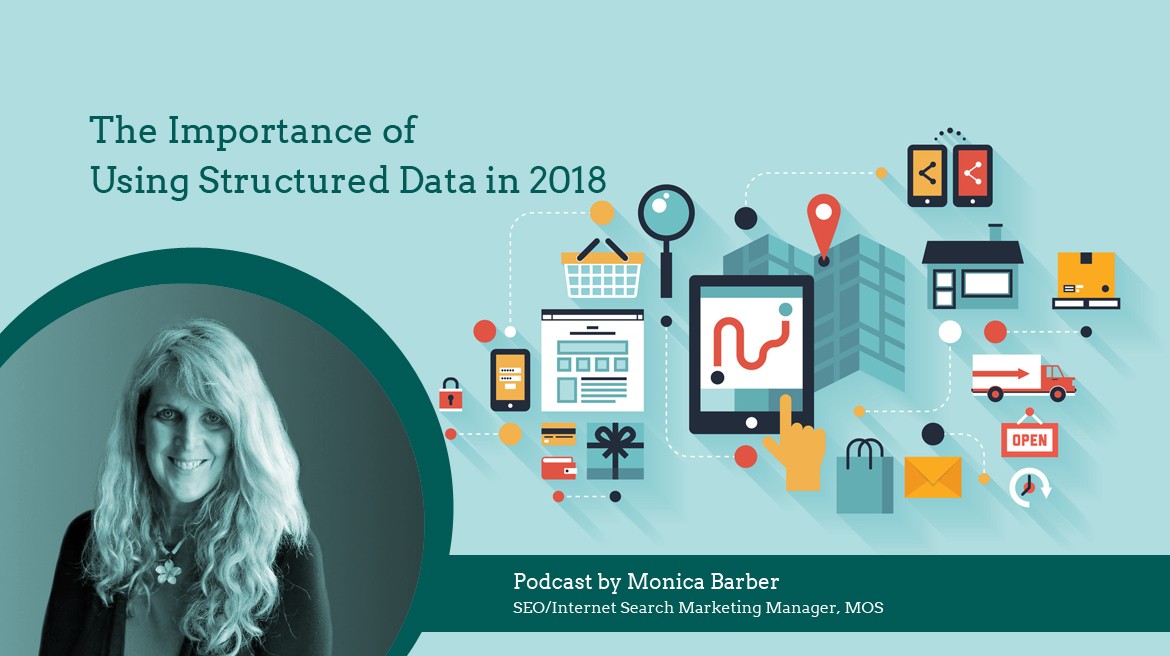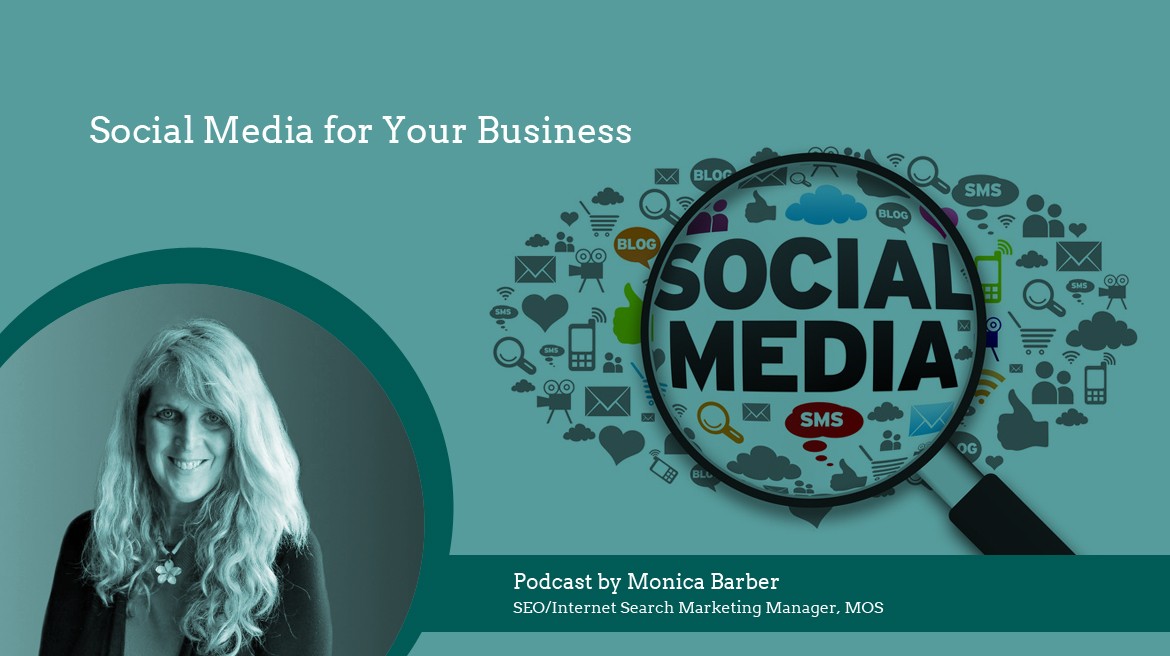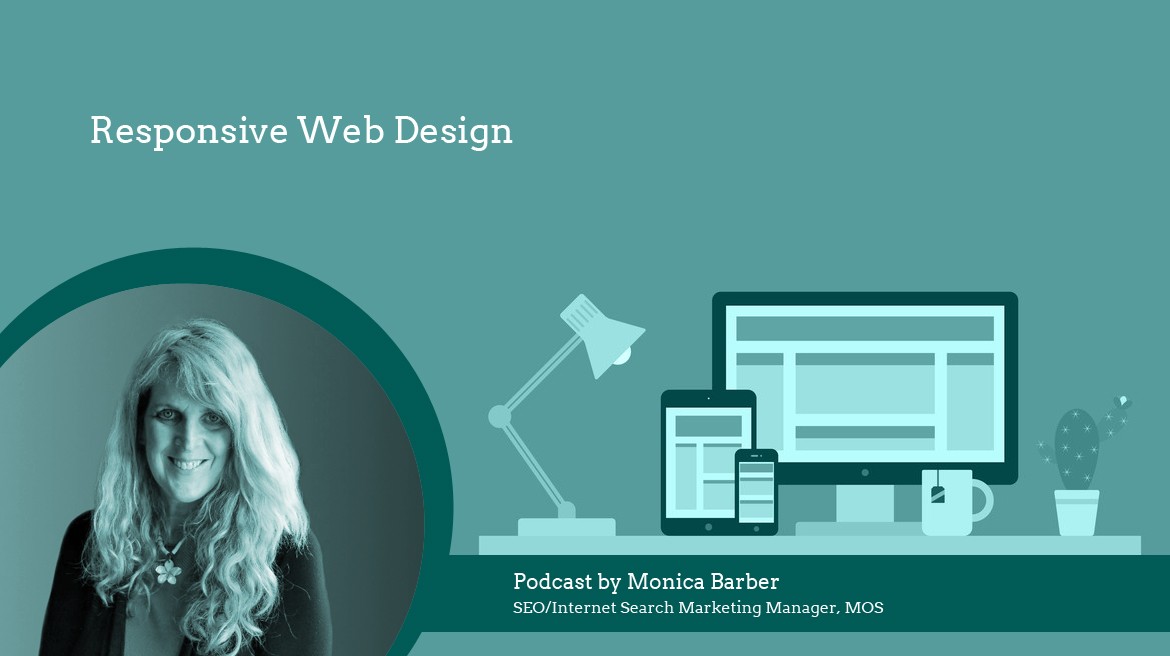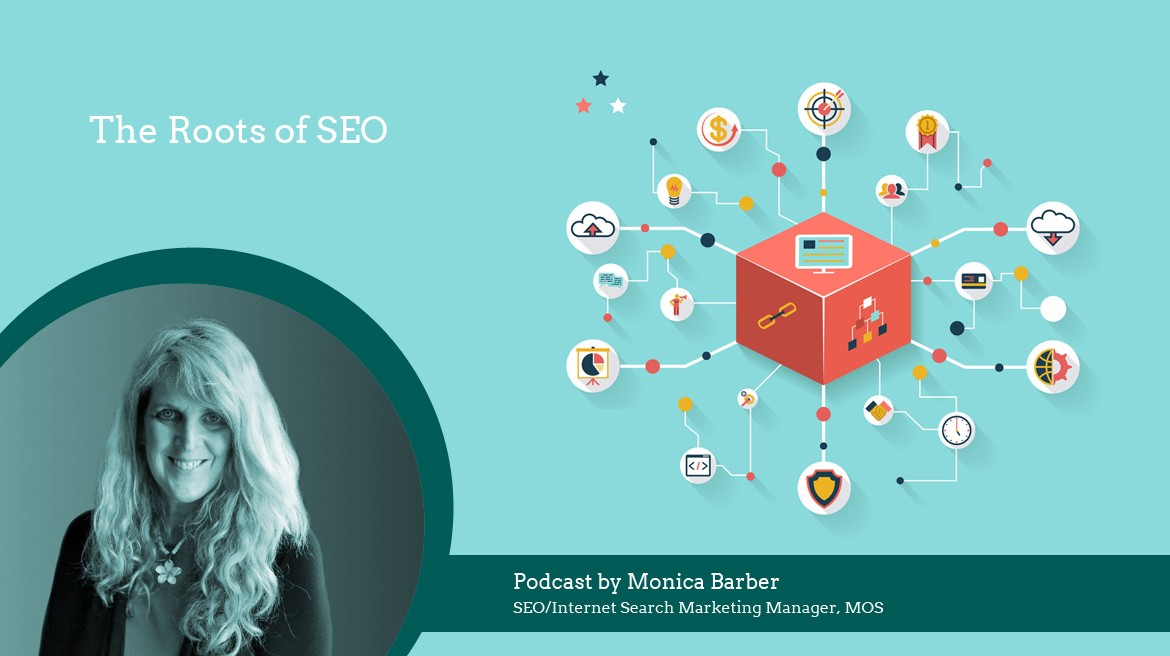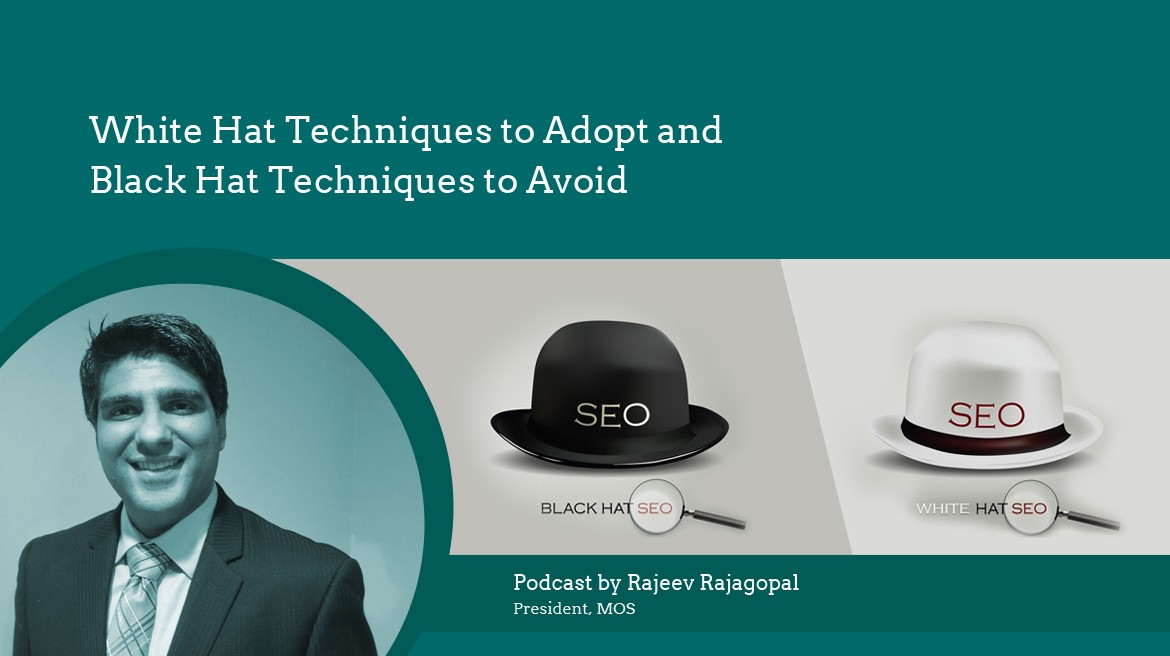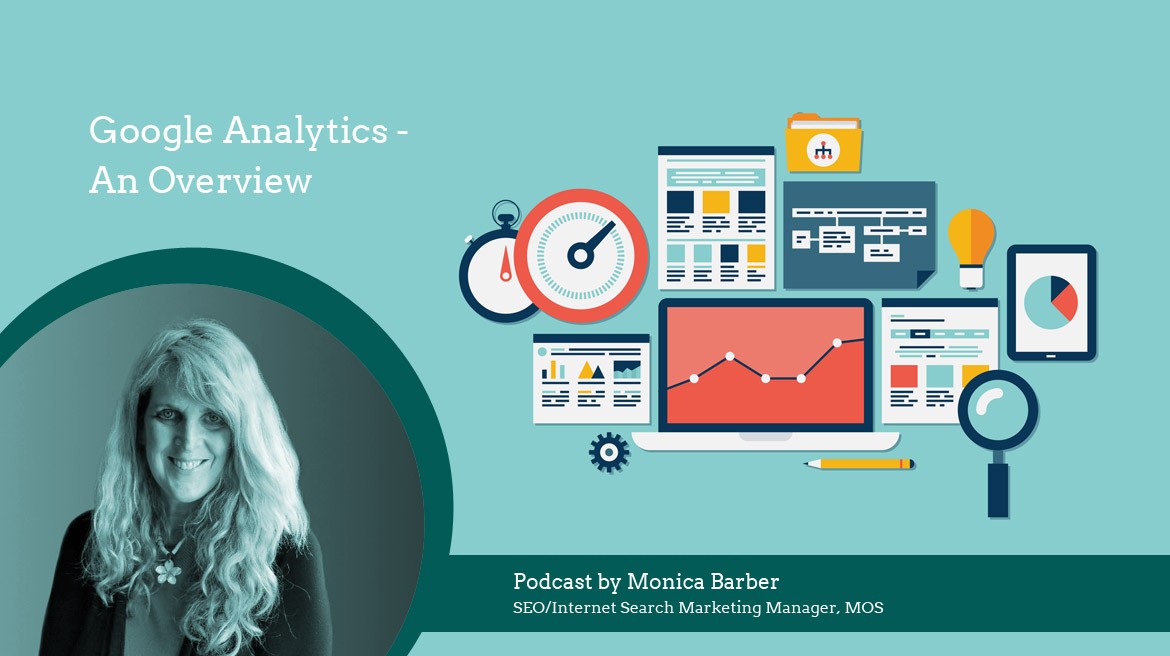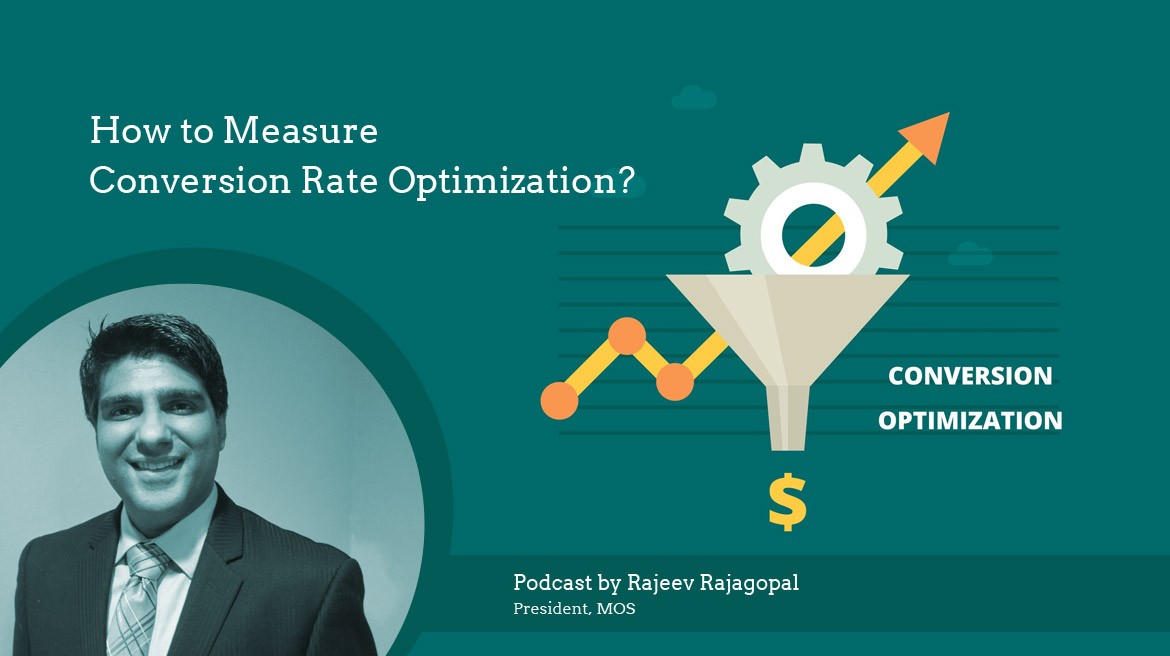In today’s podcast, Monica Barber, the Search Marketing/SEO Manager for MedResponsive, discusses the fundamental strategy questions every business should explore before starting SEO. Titled “Five Minute SEO”, this podcast would be of great help for realizing the importance of understanding what your business goals and choosing the right SEO strategies to meet those goals.


